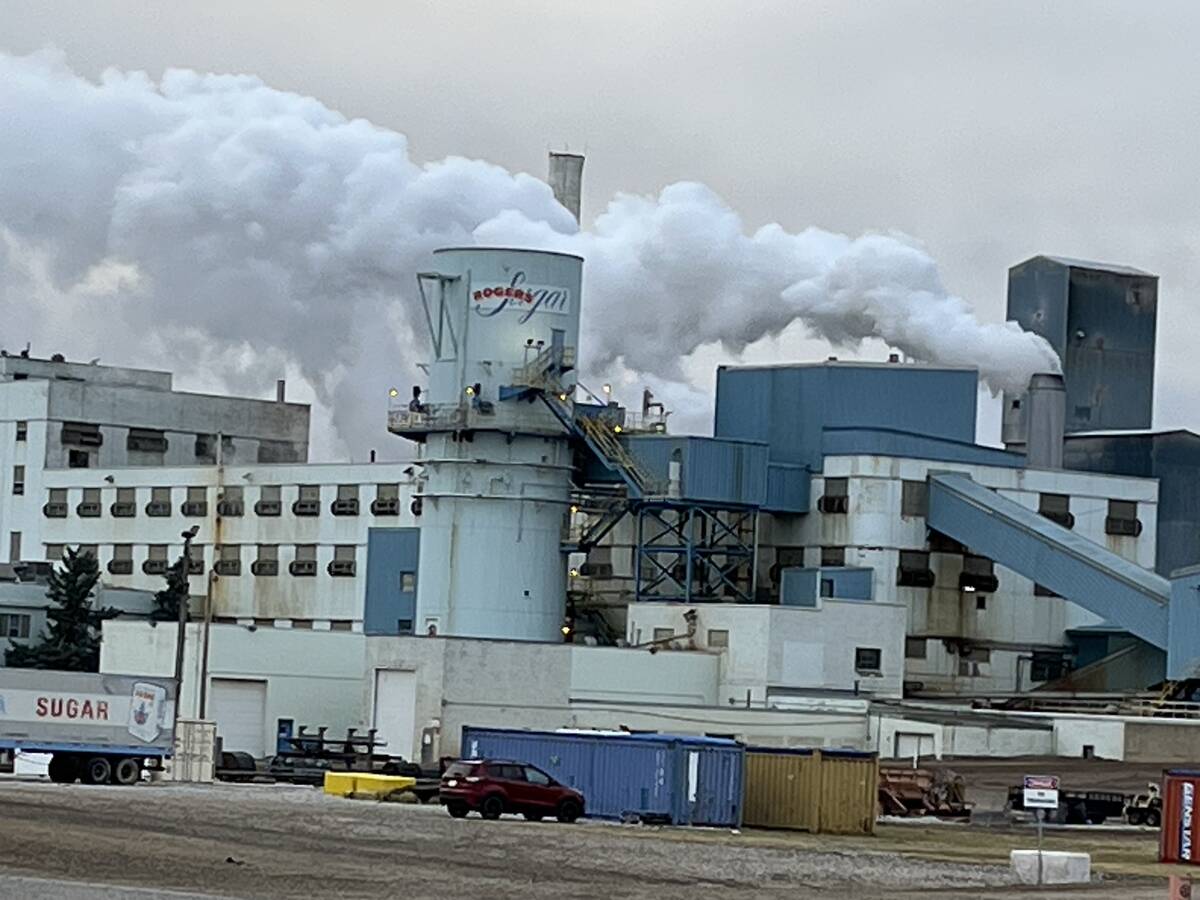A new study is designed to find out whether more BSE testing will pry open more doors for Canadian cattle and beef around the world.The Canadian cattle industry lost billions of dollars after BSE was discovered in Canada in 2003 and dozens of countries banned Canadian beef and cattle exports.While many have since reopened, others, including the lucrative Japanese market, remain difficult to penetrate.The George Morris Centre, in Guelph, Ont., will study whether additional client-driven optional BSE testing would gain more market access for Canadian beef. Such testing would be in addition to mandatory testing required under Alberta’s BSE surveillance program. The $179,000 study will determine whether the cost of additional BSE tests, either pre- or post-slaughter, will pay off in additional market premiums.Though some cattle producers have long requested 100 percent BSE testing, government and cattle agencies said there was no scientific or food safety reason for additional testing.”It’s been seven years post-BSE and markets continue to remain closed,” said Brad Fournier, with the Alberta Livestock and Meat Agency. “There is a willingness to try other options.” The study results are expected within six months.As well, a live test for BSE is being developed by researchers at the University of Calgary. A live test would simplify matters if the study finds that additional testing would be beneficial. Now, any BSE test must be made after the animal is slaughtered.ALMA, PrioNet Canada and The Alberta Prion Research Institute will share the cost of the study.
Read Also

Sugar beet harvest underway in southern Alberta
Alberta Sugar Beet Growers hosts field tour to educate the public on the intricacies of the crop, its harvest process, and contracts with Lantic Sugar














